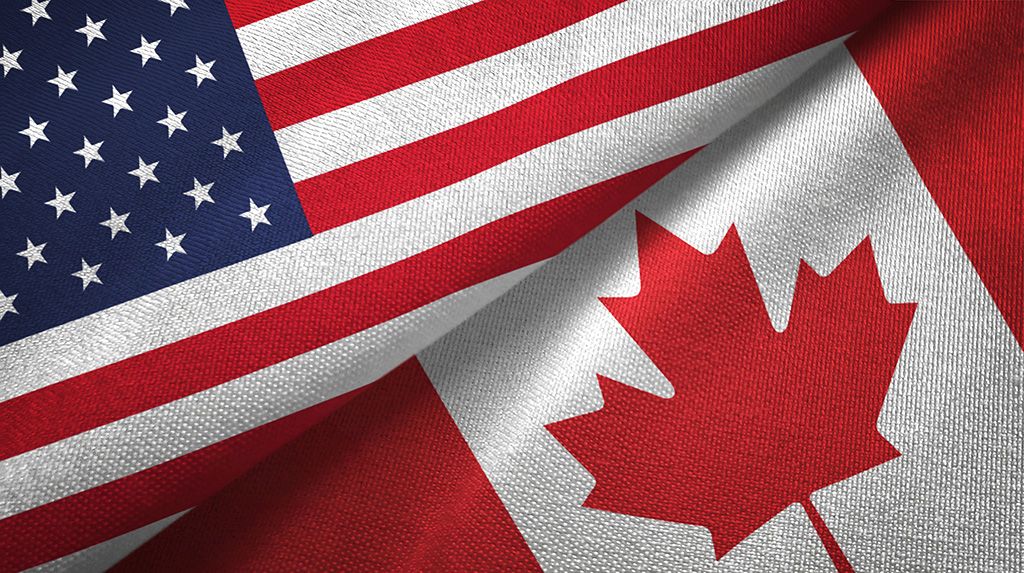Can you be a Dual Citizen of U.S. and Canada?
Yes, it is possible to be a dual citizen of both the United States and Canada. Both countries allow dual citizenship, meaning that an individual can be a citizen of both countries at the same time.
However, becoming a dual citizen requires following specific legal procedures in both countries. In the case of the United States, citizenship can be obtained through birth, naturalization, or by acquiring citizenship through a parent or grandparent who is a U.S. citizen. In Canada, citizenship can be obtained through birth, adoption, or through the process of naturalization.
If you are already a citizen of one country and wish to become a citizen of the other, you will need to go through the appropriate legal process to obtain citizenship in that country. You should also be aware that dual citizenship can have implications for taxes, military service obligations, and other legal matters, so it is important to seek legal advice before pursuing dual citizenship.

How can you avoid double taxation between US and Canada?
The United States and Canada have a tax treaty in place to prevent double taxation, which means that individuals who earn income in both countries should not be taxed twice on the same income. To avoid double taxation between the US and Canada, here are a few steps you can take:
- File your taxes in both countries: As a dual citizen, you are required to file taxes in both the US and Canada. You may be eligible for foreign tax credits, which can offset the taxes you owe in one country with taxes paid in the other country.
- Be aware of residency rules: Both countries have rules for determining residency for tax purposes, which can affect how much tax you owe. You may need to file as a non-resident or partial-year resident in one country, depending on your situation.
- Use a tax professional: Because tax laws can be complex, it’s a good idea to work with a tax professional who is knowledgeable in both US and Canadian tax laws. They can help you navigate the tax requirements and ensure that you are taking advantage of all available credits and deductions.
- Consider tax-advantaged accounts: Both countries offer tax-advantaged retirement accounts, such as IRAs in the US and RRSPs in Canada. Contributing to these accounts can reduce your taxable income and help you avoid double taxation.
Overall, avoiding double taxation between the US and Canada requires careful planning and compliance with tax laws in both countries. It’s important to seek professional advice and stay up-to-date with changes in tax laws to ensure that you are meeting your tax obligations in both countries.

How does CRA and IRS track foreign income for a Dual Citizen?
The Canada Revenue Agency (CRA) and the Internal Revenue Service (IRS) have various methods for tracking foreign income earned by Canadian and US residents, respectively. Here are some common ways in which CRA and IRS may track foreign income:
- Information Sharing: Canada and the US have a tax treaty in place that allows for the exchange of tax information between the two countries. This means that the CRA and IRS can share information on individuals who have income in both countries, including wages, dividends, interest, and capital gains.
- FATCA: The US Foreign Account Tax Compliance Act (FATCA) requires foreign financial institutions to report accounts held by US citizens and residents to the IRS. Canadian banks and other financial institutions are required to comply with FATCA, which means that the IRS may be able to track US residents’ foreign income by monitoring their foreign bank accounts.
- T1135 form: The CRA requires Canadian residents to report foreign assets that exceed certain thresholds on form T1135. This includes foreign bank accounts, real estate, stocks, and other investments. The information reported on this form can help the CRA track foreign income earned by Canadian residents.
- Audits: The CRA and IRS may conduct audits to ensure compliance with tax laws, including those related to foreign income. An audit may involve reviewing financial records, interviewing taxpayers, and examining other evidence to determine whether income has been properly reported.
Overall, the CRA and IRS use a variety of methods to track foreign income, and it is important for taxpayers to accurately report their income on their tax returns and comply with reporting requirements to avoid penalties and fines.

Leave a Reply